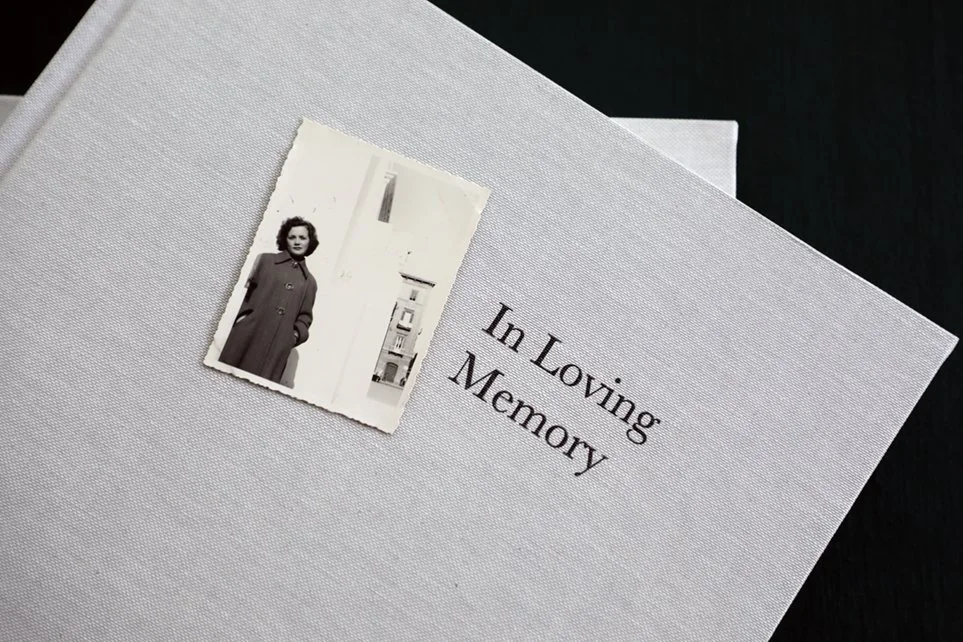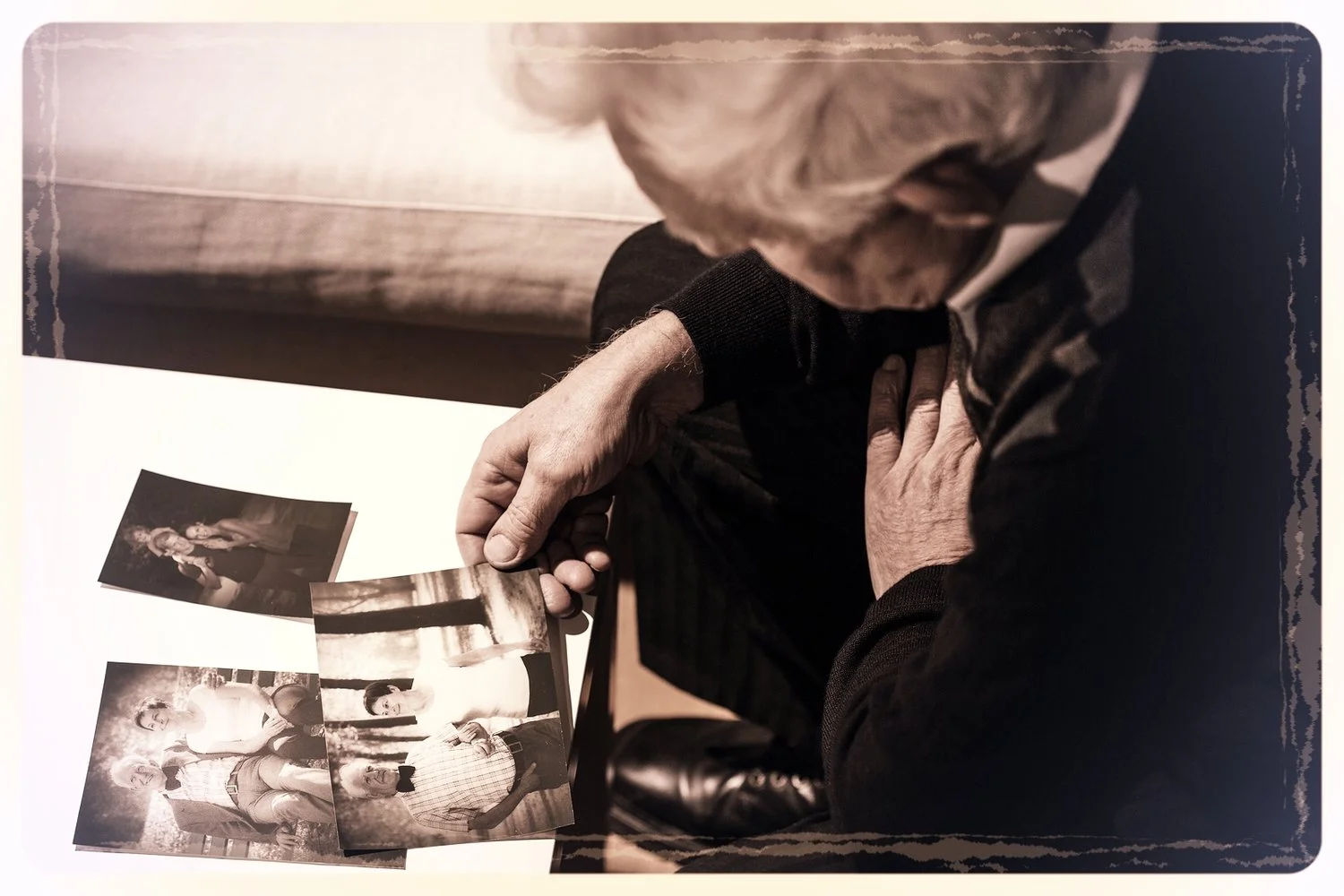“Little gifts keep coming”
“Little gifts keep coming,” she said to me in awe. “Stories I never heard before about him.”
My client lost her beloved twenty-something son the previous year and is undertaking to create a tribute book in his honor. During our first consultation I helped her write a letter to her family members and her son’s friends inviting them to contribute stories about him—what they loved, moments that reveal his character, favorite memories.
Often I work with clients to create a tribute book over the course of two to three months with a deadline to have books in time for a celebration of life, memorial service, or other rite honoring their lost loved one. This time, though, my client wants to take her time: The journey of receiving and lingering over the tributes about her son is as important to her as the book she hopes to pass on to her grandchildren.
So, a few months had passed between our initial consultation and this follow-up call. She was surprised by people’s willingness to share their memories (I was not). She was grateful for the fact that friends shared not just platitudes and descriptive adjectives, but stories—real stories!—about her son (I was too). And she was not prepared for some of the things she was discovering; they weren’t shocking, but rather intimate…evoking a visceral response. “For now, I am putting all that in a box.” Did she mean metaphorically, I wondered? “Well, I have a physical box, but yes, metaphorically, too—my grief is so strong that there are some things I just can’t handle right now.”
This one short interaction with my client revealed a few truths that I have witnessed over and over again during my years creating books to memorialize our lost loved ones.
Stories are gifts.
All family stories are gifts, but they are priceless gifts when the story is about someone who has passed away. So if you know someone who is grieving—even if it is years past their loved one’s death—share that story; you know, the one that keeps coming up when you think about the deceased, the one that makes you smile or laugh. Write them a quick note (it needn’t be long to be meaningful!) or pick up the phone for a quick chat (even if you haven’t spoken to them in ages). You’ll be giving a gift that’s easy to give, and that will be received with gratitude and awe.
People WANT to share their memories, so don’t be shy about asking.
If you are putting together any kind of tribute to honor a lost loved one, whether it is a memorial slide show, a book of memories, or a compilation video with words of condolences, don’t hesitate to ask people to participate. If you loved the person who has passed, so too did others. Have you ever had the experience of attending a wake or shiva and finding yourself amazed at the animated conversation and the memories swirling around the room? It’s ingrained in us to celebrate our loved ones when they are gone, and most people will be more than willing to share their stories in writing.
Don’t endeavor to create a tribute book immediately after a loved one has passed.
There is a heaviness to grief. And while grief has its own timeline and rarely goes away entirely, those early days of loss are not, in my experience, the best time to begin a project. Don’t get me wrong, I have worked with (and will certainly again work with) folks who urgently want to memorialize their loved one in the wake of a death. But the process can be much more healing and rewarding when a few months have passed. When a loss is fresh enough that the deceased is constantly on your mind, but not so fresh that you can’t laugh and sit with your joyful memories of them; when that loss is recent enough that even distant relatives and work friends won’t be surprised by your request for stories, but not so recent that you can’t focus on managing a project of this nature…that’s when I recommend beginning a tribute effort.



















Dawn Roode offers up four suggestions for further reading (and listening) for anyone who, like her, is missing a friend or family member during the holidays.